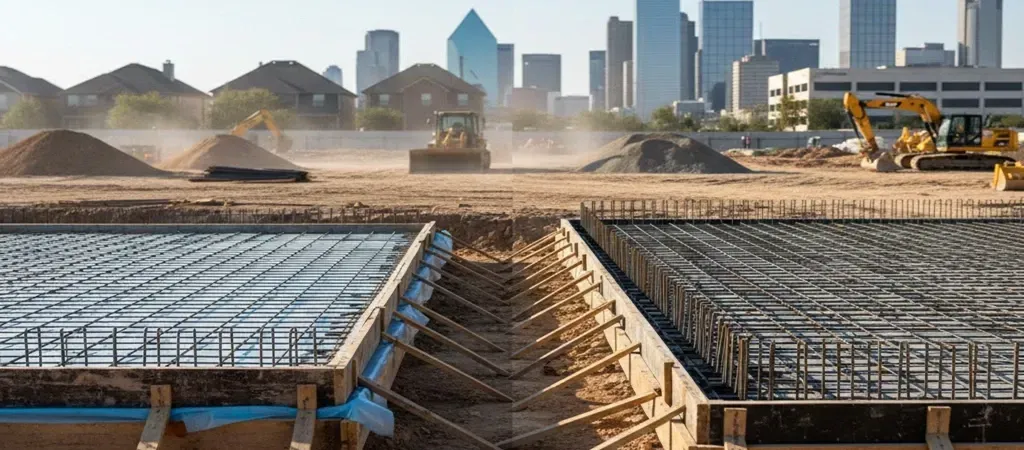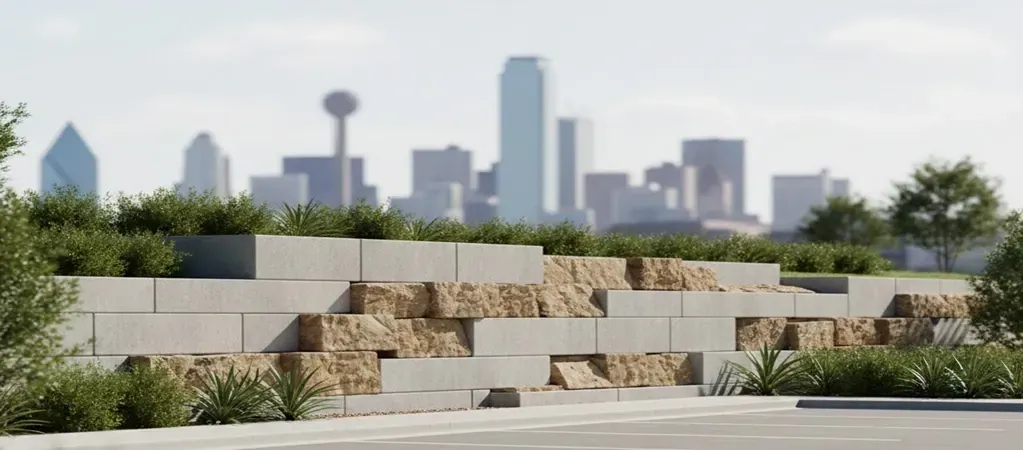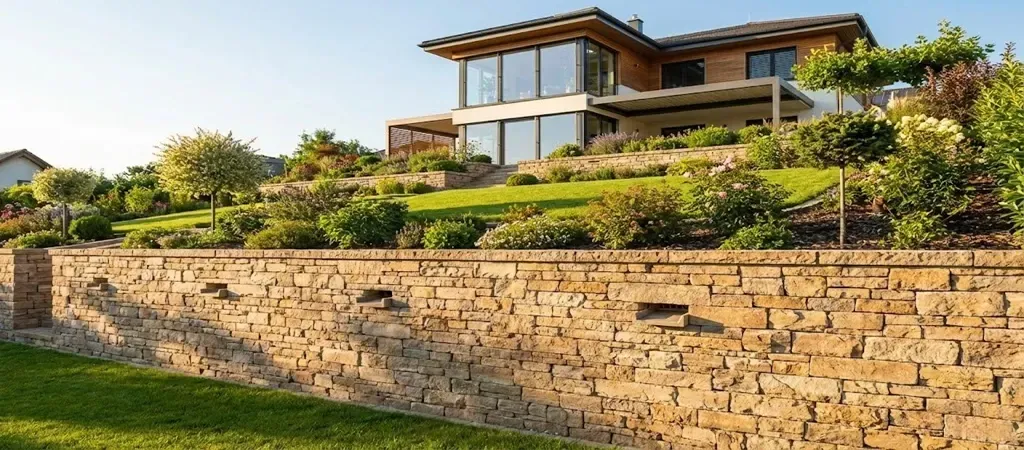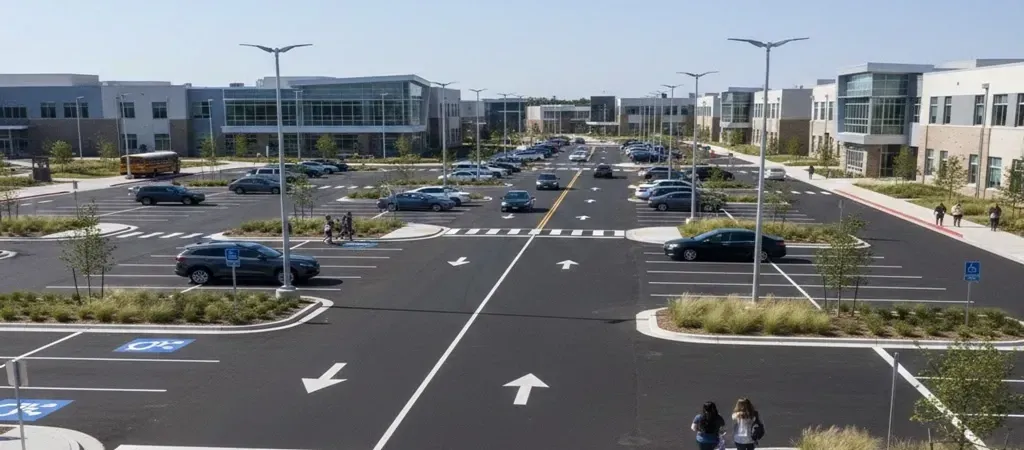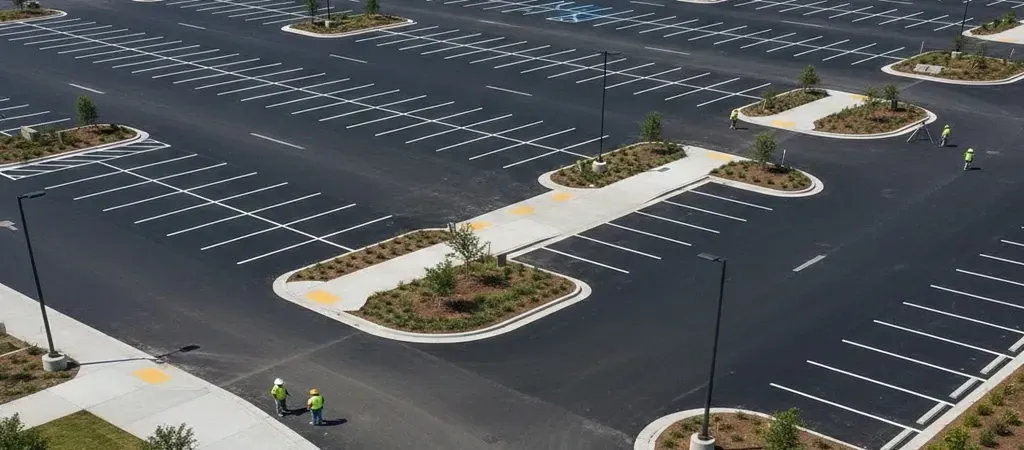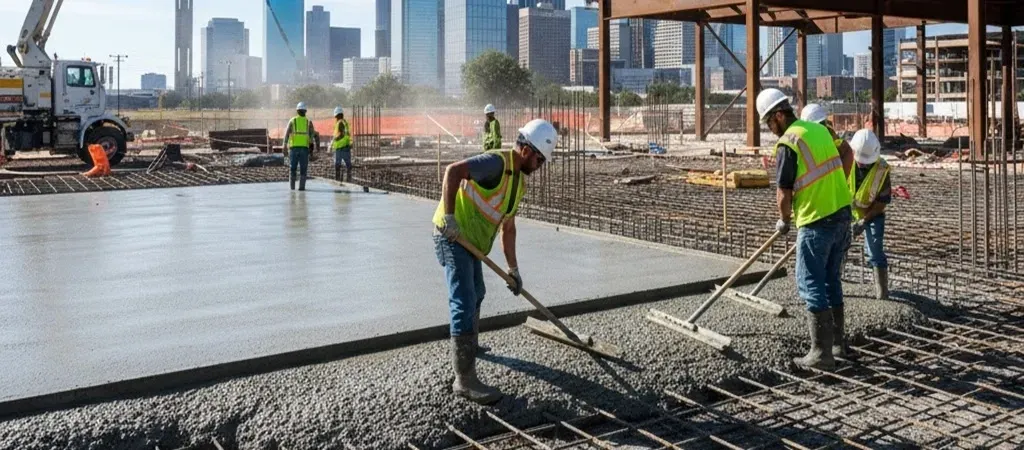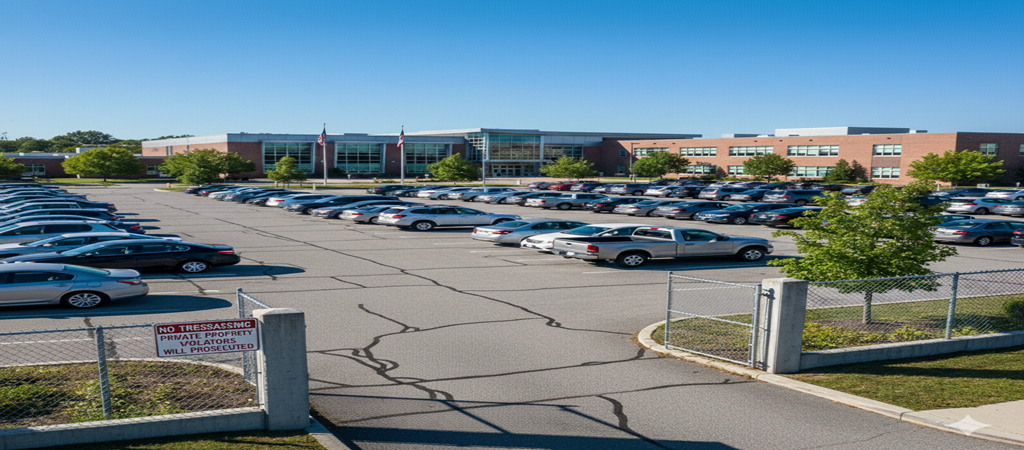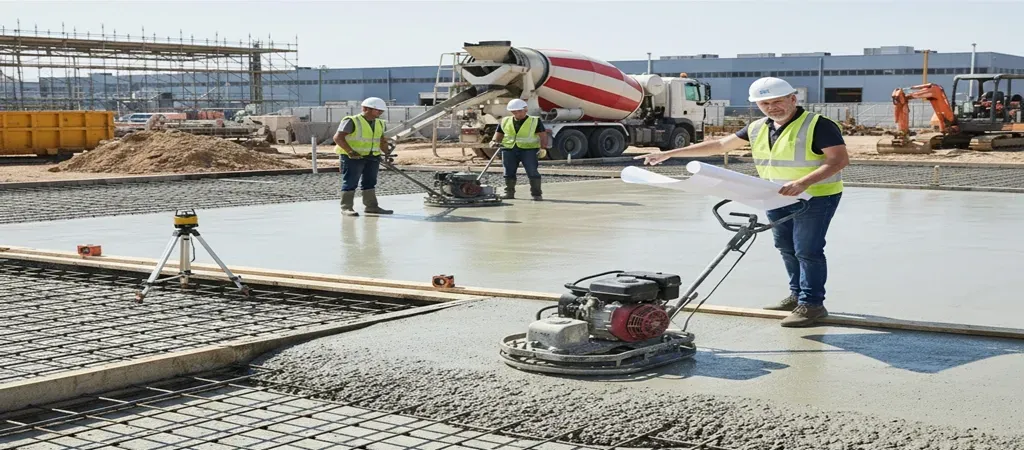Exploring Self-Healing Concrete: Is It the Right Choice for Your Dallas Concrete Driveway?
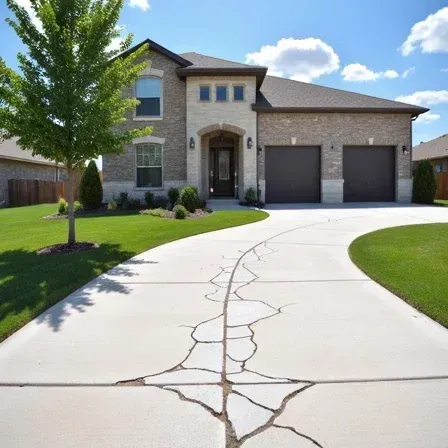
Cracks in your driveway—aren’t they the worst? You fix one, and another shows up as if concrete has a vendetta against you. But what if your driveway could heal itself? No contractors, no mess—just science doing its thing. Enter self-healing concrete, the innovation that’s turning heads in the construction world.
But is it the right guide fit for Dallas driveways? Let’s dig deeper.
What Is Self-Healing Concrete?
Self-healing concrete is a smart concrete that repairs itself when cracks form. It’s designed to fix cracks automatically, giving traditional concrete a serious upgrade. But how does it work?
- Bacteria to the Rescue: Special bacteria like Bacillus are mixed into the concrete. When cracks form, water activates these bacteria, which then produce limestone to seal the damage.
- Chemical Capsules: Microcapsules filled with healing agents burst open when cracks form, sealing them instantly.
- Water-Activated Polymers: Some versions contain materials that swell with moisture, creating a natural patch.
Each method is a high-tech solution to an age-old problem. Basically, this concrete is a super-smart material that takes care of itself. It’s like a personal doctor for your driveway!
Why Dallas Driveways Need a Game-Changer
Dallas weather is no joke. From blazing heat to those surprise cold snaps, your driveway takes a beating. These conditions cause expansion, contraction, and—you guessed it—cracks.
Self-healing concrete might just be the MVP Dallas needs.
- Handles the Heat: It can withstand Dallas’s high temperatures and keep cracks from spreading.
- Durability That Delivers: Less cracking means less repair hassle.
- Eco-Friendly: Fewer repairs = less waste = a greener planet.
Pros of Self-Healing Concrete for Your Driveway
- Longer Lifespan
- Traditional concrete wears out over time. Self-healing concrete can extend the life of your driveway by decades.
- Lower Maintenance Costs
- Sure, the upfront cost is higher. But imagine skipping those frequent (and expensive) patch-ups. You’ll save big in the long run.
- Stays Intact Under Pressure
- Cracks in concrete often lead to bigger structural issues. Self-healing concrete nips those problems in the bud. This concrete is tough. It can withstand the weight of heavy vehicles and won’t easily break under pressure.
The Challenges You Should Know
Before you pull the trigger, let’s talk about the not-so-fun parts of self-healing concrete:
- The Cost
- It can cost double—or even more—than regular concrete. It’s not cheap. You’ll pay more upfront compared to traditional concrete.
- New and Uncommon
- Not every contractor in Dallas is equipped to work with this material yet. Finding an expert might take some searching.
- Performance in Extremes
- While it works well in many conditions, Dallas’s unique mix of heat, storms, and occasional frost could test its limits.
Traditional Concrete vs. Self-Healing Concrete: The Showdown
Traditional concrete has been the go-to material for construction for decades. It's strong and reliable. Plus, it gets the job done. But it's not perfect.
Like anything exposed to the elements, concrete cracks. A sudden temperature change and heavy pressure. Or just the natural wear and tear over time can cause those cracks. And once a crack appears, it doesn't stay small. It spreads. Often, it leads to expensive repairs that can add up over time.
Now, self-healing concrete is the game-changer we've been waiting for. Instead of leaving cracks to grow and get worse, this innovative material comes in. It activates a self-repair mechanism as soon as it senses damage.
Is it moisture? Or is air getting into a crack? The concrete responds by sealing itself up. Studies show that self-healing concrete can recover up to 90%. This much of its original strength after healing. A feat that traditional concrete can only dream of.
What does this mean for you?
Fewer repairs and a longer-lasting surface. In the long run, this could save you serious money. As this technology advances, it’s becoming smarter. A more cost-effective option for everything from driveways to highways!
Should You Go for It?
Do you value innovation? Long-term savings? And an eco-friendly option? Self-healing concrete is a no-brainer. Yes, the initial investment is higher. But it pays off in durability and fewer repair bills. But if budget is your top priority. Or if you prefer conventional methods, traditional concrete is still a reliable choice.
At Dallas Concrete Contractors, we bring cutting-edge solutions to your driveway needs. Do you want to try self-healing concrete? Or stick with proven methods? We’re here to help you every step of the way.
Give us a call today and let’s build a durable driveway!
